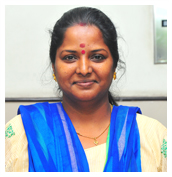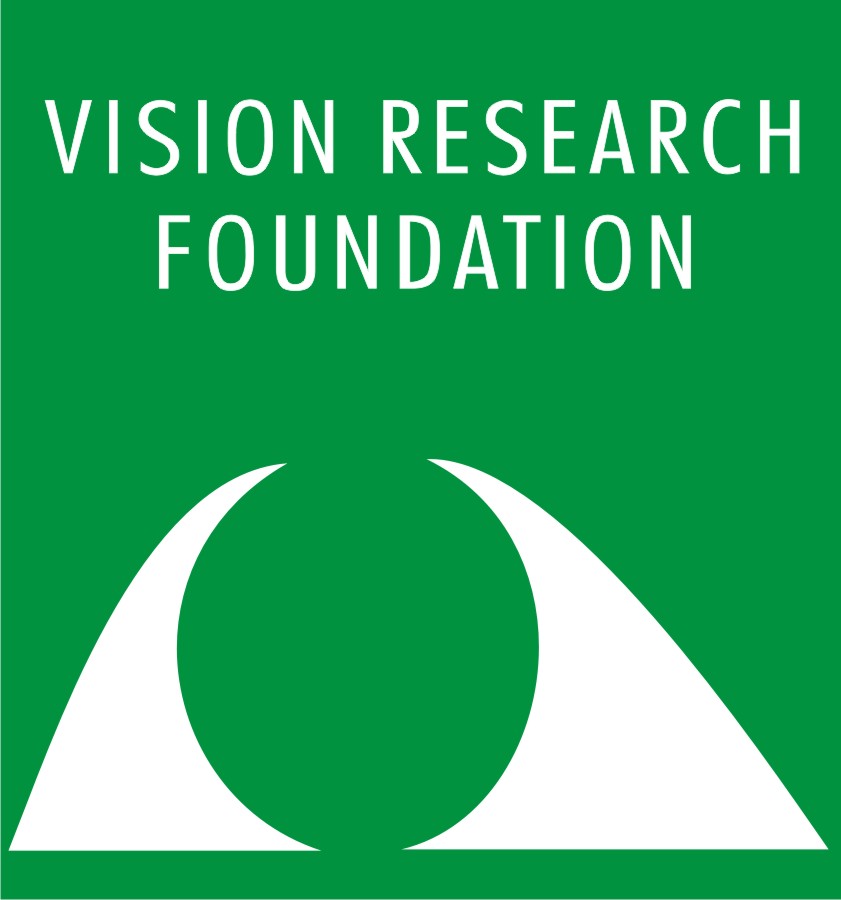
+91-44-42271500
vrf@snmail.org

+91-44-42271500
vrf@snmail.org

Research Associate – ICMR
My main area of interest in Opthalmology is related to Inherited Retinal Disease (RetinitisPigmentosa (RP), Leber Congenital Amaurosis (LCA), Cone Rod Dystrophy (CRD) etc), Linkage analysis – SNP microarray based using linkage analysis software, Homozygosity mapping using microarray genechip analysis of the genotype data – mutation identification, bioinformatic analysis (For RP, LCA and CRD).I am also very much interested in mitochondrial genome sequencing, genetic counseling, related to opthalmology and also in molecular diagnostics and gene testing services.
Inherited retinal degenerations (IRD) are the major cause of incurable blindness and, diseases like Retinitis pigmentosa (RP), Leber congenital amaurosis (LCA) and Cone Rod dystrophy (CRD) are among this group of retinal dystrophies affecting the photoreceptors, the rods and cones. Till date there are about 96 genes identified for RP, 26 for LCA and 35 genes responsible for CRD. The tremendous heterogeneity of the disease makes the genetics of RP complicated, making molecular diagnosis too expensive, time consuming and labor intensive. Certain specific phenotypic features would aid in phenotype specific gene screening. This would also be helpful in providing significant prognostic information of causative genes, helping in the molecular diagnosis of retinal diseases.Certain classical phenotype correlation such as para-arteriolar preservation of the retinal pigment epithelium (PPRPE) in CRB1, macular atrophy with bony spicules in AIPL1, bony spicules with salt and pepper fundus for RPE65, prononounced maculopathy and bony spicules for RDH12 positive patients were observed from our previous publication (Srilekha et al 2015; Srilekha et al 2016). In this context we had recruited about 20 IRD families and performed the phenotype guided candidate gene screening analysis identified the causative mutation in about 95% of families.
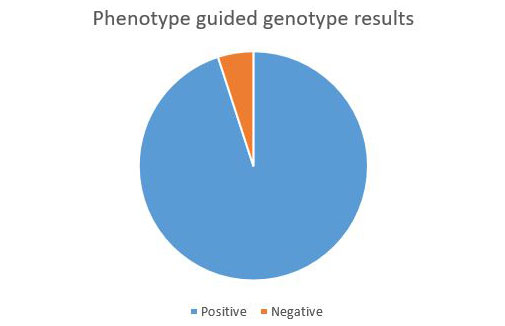
Retinitis pigmentosa (OMIM: 268000) is the most common retinal dystrophy. It is inherited by all Mendelian pattern of inheritance however more severe is the X-linked form of RP (XLRP) constitutes about 10% to 20% of all RP cases. RPGTPase regulator (RPGR) constitutes for 70% of mutations and exon ORF15 of RPGR is a mutation hot spot constitutes 50-60% for XLRP. Accurate molecular testing of ORF15 is challenging because of large segment of highly repetitive purine-rich sequence in this exon. This would be the first Indian study to propose for ORF15 mutational screening.
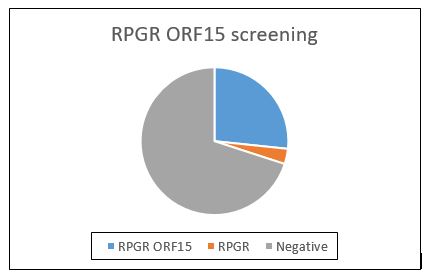
(University of Cambridge and Moorfields Eye Hospital)
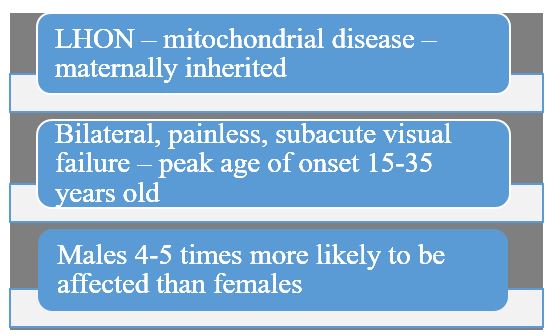
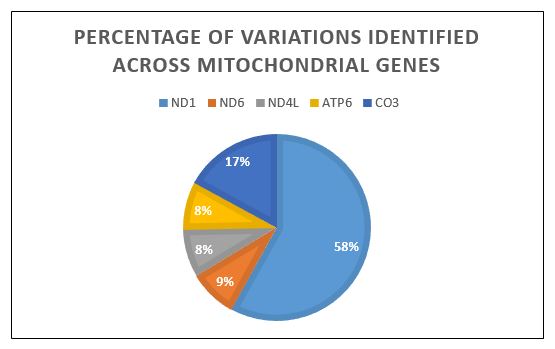
2018
Received Research Associate Fellowship award ICMR Oct 2018
2018
Received NGBT GYAN scholarship award to attend the NextGen Genomics, Biology, Bioinformatics and Technologies conference (NGBT 2018) at Jaipur, Rajasthan September 2018
2018
Received Developing Country Eye Research Fellowship (DCERF) award to attend ARVO 2018 at Honolulu, Hawaii, U.S.A
2016
Received Senior Research Fellowship award ICMR January 2015 – December 2016
2015
Travel Fellowship grant at IERG ARVO India Chapter 2015 at Hyderabad
2014
Received Best paper award in a National Seminar on Function Genomics at Dr.M.G.R. University in February 2014.
2011
Bangalore Genei Private Endowment Award for Clinical Genetics May 2011
2011
Ranbaxy Laboratories Limited Immuno Diagnostic Division Endowment for Clinical Immunology May 2011
2011
Sankara Nethralaya Silver Jubliee Award for Diagnostic Microbiology May 2011
2011
High Media performance Private Limited Endowment Award Clinical Microbiology May 2011
2011
Dr.S.Ramaswamy&Dr.Narasimhan Endowment Award for Anatomy & Physiology May 2011
2011
Endowment Award in Biochemistry for the best biochemistry Internship Award May 2011
2011
Dr.H.N.Madhavan Endowment Award for best outstanding student in Master of Science in Medical Lab Technology from August 2008 to May 2011.
2003 - 2004
Received Best Outstanding employee award for the year 2003 & 2004
2000
Received Top 3rd award in P.G.D.M.LT (2000)
Vision Research Foundation
No. 41 (old 18), College Road,
Chennai - 600 006, Tamil Nadu , India.
Ph No: +91-44-42271500,
+91-44-2827 1616,
vrf@snmail.org
